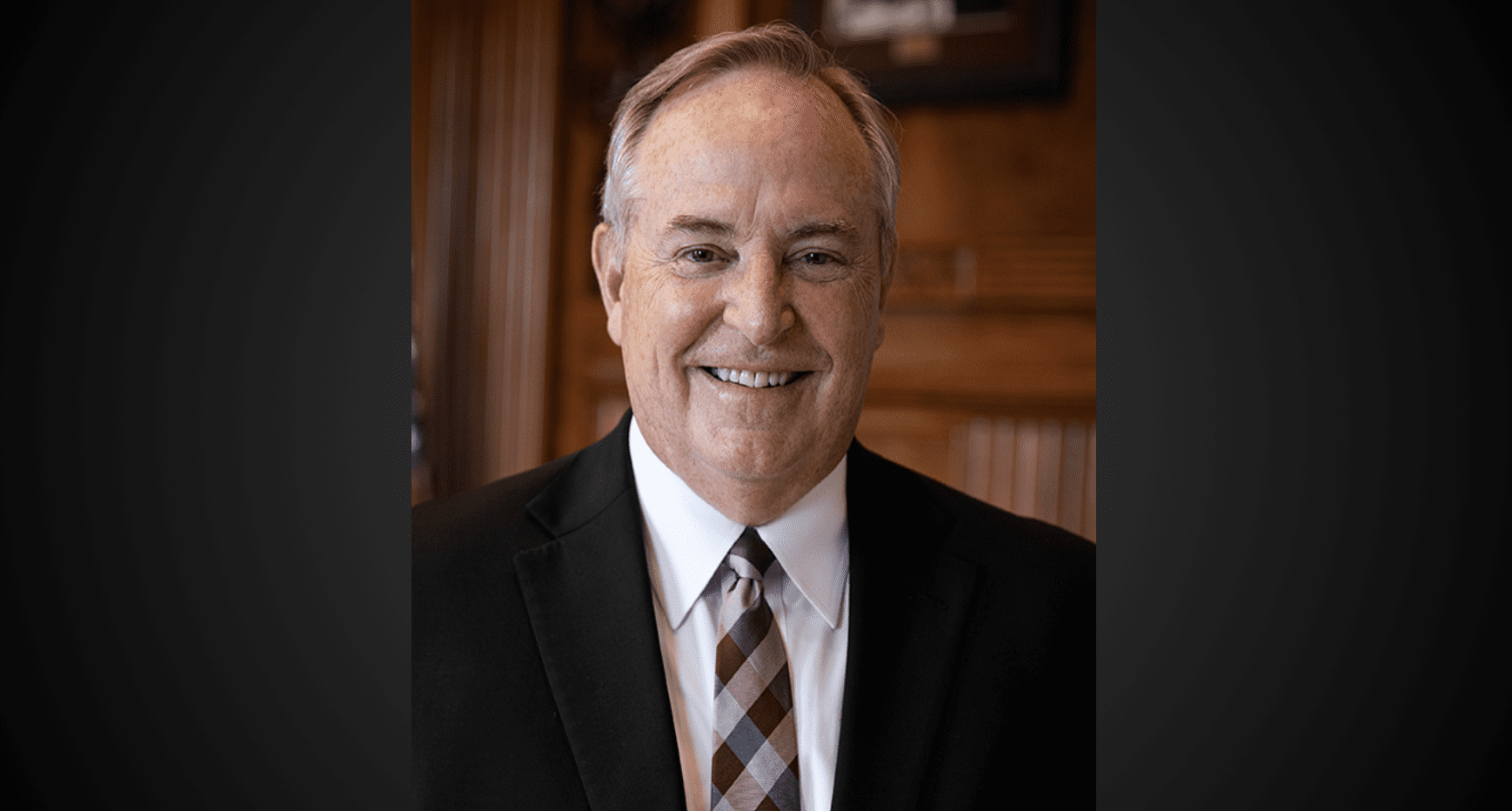In a landslide victory, Republican Party of Texas Chairman James Dickey won re-election at the Texas GOP’s convention in San Antonio.
Dickey originally took the position of RPT chairman last year when former chairman Tom Mechler suddenly retired, leaving a vacancy that was filled by a vote of the State Republican Executive Committee.
During his tenure, Dickey has been criticized by establishment and moderate Republicans, who have taken issue with his focus on a return to the party platform and efforts to hold Republican politicians accountable, casting the deciding vote with the SREC earlier this year to censure Speaker Joe Straus.
Establishment forces coalesced behind Cindy Asche, the daughter of former National Committeeman and RNC general counsel Bill Crocker, to challenge him.
During Senate District caucuses, Dickey bested Asche in 22 of 31 Senate Districts. Though Dickey’s victory seemed a foregone conclusion, party rules allow candidates who win at least three Senate Districts to bring the vote to the floor, essentially triggering a re-vote amongst all delegates of the convention at large.
Typically, however, candidates who fail to win a majority in SD caucuses concede the race rather than take the issue to the floor in order to prevent further division.
However, the Asche campaign was anything but typical. And rather than just put the issue to delegates directly, they chose to play parliamentary games to waste the time of delegates and further divide the party.
Led by a rogue’s gallery of establishment has-been’s and never-were’s aligned with previous party leadership, Asche’s allies objected to the layout of the report from the Nominations Committee that recommended Dickey’s re-election and then called for a roll call vote that pushed the convention into woefully unnecessary parliamentary chaos and publicity stunts.
According to sources close to the Asche campaign, the intent by Bill Crocker, Eric Opiela, Toni Anne Daschiell, and other establishment allies was to anger delegates and frustrate them into leaving—a maneuver they hoped would give Asche a chance to win later in the evening.
To say such an effort backfired would be to put it mildly.
After a little more than an hour of wasted time and no ultimate vote, Asche’s camp withdrew their objection and opted to proceed to a period of five-minute speeches for each candidate.
Speaking first to the convention, Dickey arrived backed by scores of conservative legislators and grassroots leaders including State Sens. Paul Bettencourt, Dawn Buckingham, Don Huffines, the Texas House Freedom Caucus, Empower Texans’ Michael Quinn Sullivan, Texas Right to Life’s Jim and Elizabeth Graham, and Republican nominees Lisa Luby Ryan and Jonathan Boos.
In his speech, Dickey asked delegates to “unite to win” and come together as a party in the face of “intentional division by a rogue faction.” Each line was met with increasingly raucous applause.
Asche spoke next and used her time to dredge up unsubstantiated attacks and point to the bizarre resignation of the party’s accountant—which was announced on the floor—as proof of Dickey’s poor fiscal management.
At one point she even cited Dickey’s request for financial reports to be provided in Excel rather than PDF format as a reason delegates should not re-elect him.
Asche was booed for the majority of her speech and initially refused to leave the microphone when her time expired.
When the convention finally proceeded to a vote, the results were as expected.
Not only did Dickey win overwhelmingly (by an almost 2:1 margin), but he actually improved on his performance in the SD caucuses as delegate after delegate withdrew their support for Cindy Asche due to the arrogance and vitriol displayed by her campaign.
The small faction that Dickey spoke of was revealed in full and soundly rejected by mainstream Republicans.
Dickey’s election is one of many victories for conservative grassroots activists at this year’s convention and a signal that the old guard Republican establishment is on a continued path towards self-inflicted irrelevance.





